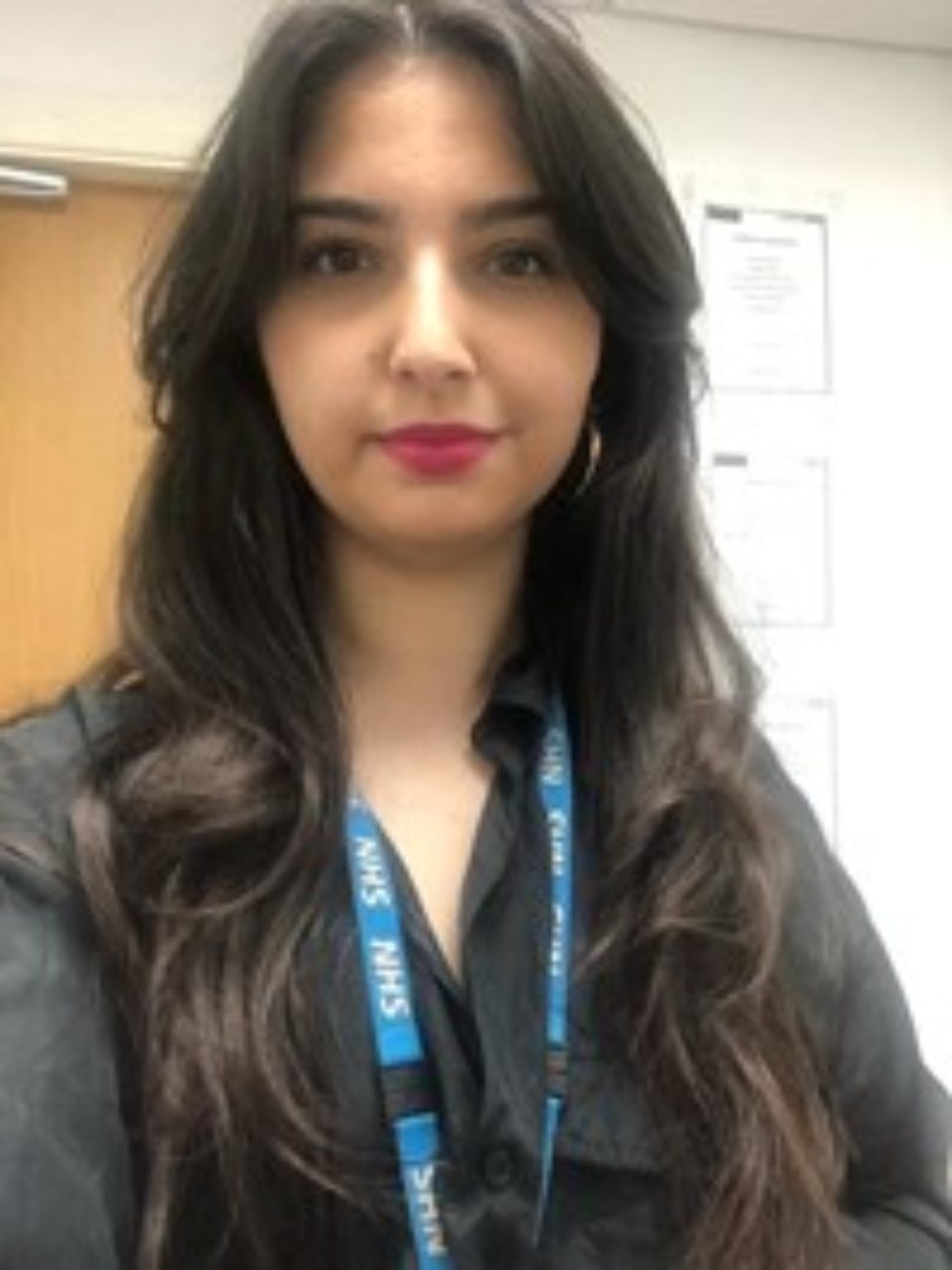Growing up I had always been told to hide the fact that I was on my period. I was told it should be very private, so I always carried that thought in my mind and never spoke about it until one day at work, I couldn’t cope. I tried to hide it as much as I could, but I had such terrible cramps that I couldn’t stand up.
My amazing dispenser was scared that something big was going on. I remember whispering “I’m so sorry but I’m on my period.” Honestly, the support I got was incredible. I also work with a male dispenser, so I felt embarrassed saying it to him as well, but I feel it’s important not to suffer in silence. If we want to empower women and the wider pharmacist workforce, we need to take into account health aspects that can affect those menstruating at our workplace.
I’m sure many of us have had that experience at work where we’ve been rushing around trying to get a sanitary product and hiding it from the world. I believe that we should be offered sanitary supplies at work. At my workplace, I ensured some supplies were in place for anyone who is menstruating. A significant number of pharmacists work as locums which means coming to a workplace and area that you are unfamiliar with, so to rush around looking for sanitary products can feel embarrassing.
Period pains can have a negative impact on pharmacists and it’s time we speak up about it. Organisations like Bloody Good Period can help educate and encourage employers to help support staff with their periods. I decided to speak up and try to normalise something that is perfectly natural and normal. I have spoken to a range of female pharmacists who said it can impact them in many different ways. We need to be supported, and for this to be acknowledged. It’s okay to inform your staff about having a mini-break when you are having bad cramps or your mind feels foggy, as the GPhC expects every pharmacist to be an autonomous professional with the authority to control their own working environments, including taking rest breaks, to ensure patient safety.
Breaking the stigma and opening up about women’s health
The reason for this article is if you hear someone say “I’m sorry. I don’t feel well – I’ve got a migraine” – that feels acceptable. But when you complain about your period it feels ‘wrong’. We need to change that. As a healthcare professional, I have an understanding of patients’ experience of menstruation and those dealing with symptoms of endometriosis and it’s eye-opening to see how it can have such a negative impact on their health – both mentally and physically. We need to have an open conversation – I still feel there are a range of pharmacists out there who still don’t know much about periods and their impact. The blame is the fact that period talk has been regarded as taboo, and sadly I know on social media people are still getting attacked for talking about it.
Endometriosis is one of the most common gynecological disorders in reproductive-age women, affecting 1 in 10. Going through my own period experience made me want to learn more about its consequences and to feel that I am not the only one going through it. I believe that women’s health issues such as periods and endometriosis need to be incorporated more in MPharm courses. We need to be more vocal in demanding better treatment. We know many women can have a late diagnosis of endometriosis, and we all grow up being told it’s normal and we need to deal with it or that period pains are not considered important or urgent, but they can be very limiting.
Sometimes it’s not just the time of your menstruation – some women suffer from premenstrual syndrome (PMS). This usually happens two weeks before your period starts with a range of symptoms such as bloating, mood swings, severe headaches, and the worst for me, is extreme tiredness.
“Periods shouldn’t make you feel shameful or cause you to silently suffer.”
As pharmacists, we need to be able to provide medication consultations and give appropriate advice to patients. I wonder how many pharmacists can confidently say that they can give a consultation on sanitary products and period pain relief. We need to encourage, educate, and increase awareness to help pharmacists feel empowered at work.

By Ayah Abbass, NAWP Network Committee Member and Community/GP Pharmacist
Learn more
Related link
Not yet a PDA member?
If you have not yet joined the PDA, we encourage you to join today and ask your colleagues to do the same.
Membership is FREE to pharmacy students and trainee pharmacists.
Read about our key member benefits here.